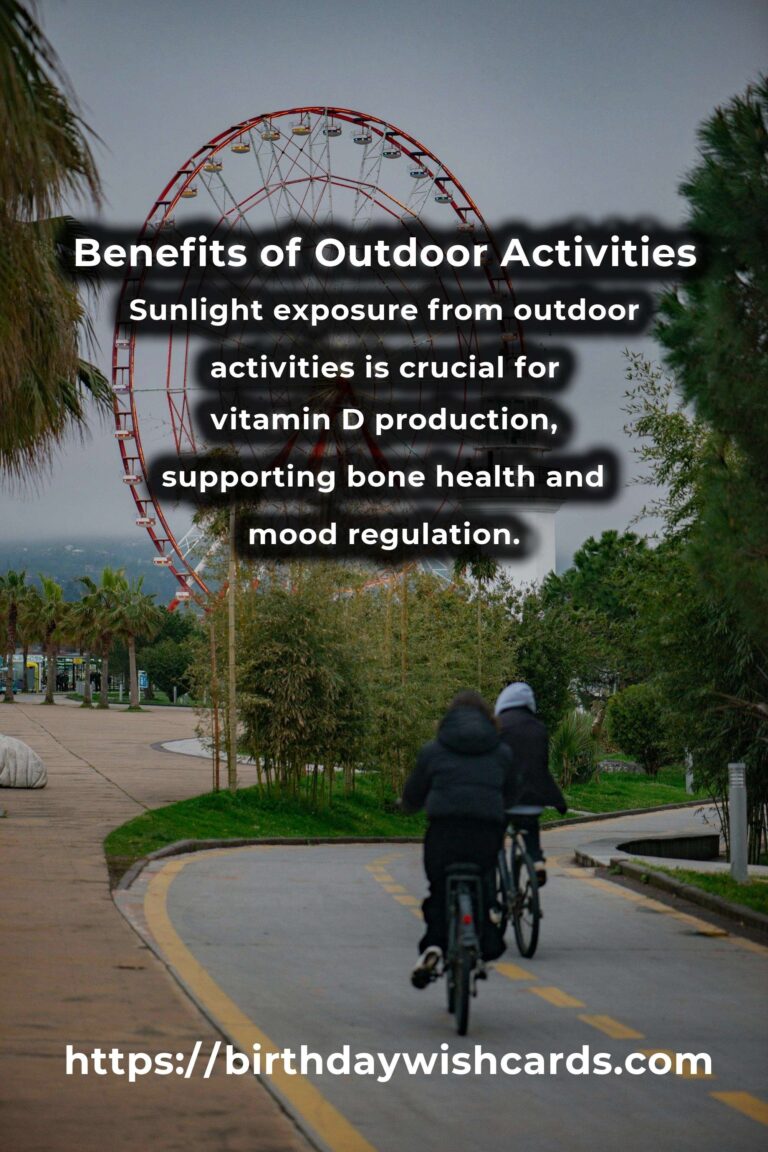
Outdoor activities have long been celebrated for their ability to improve physical health, mental well-being, and provide a sense of adventure. But have you ever wondered what scientific principles make these activities so beneficial? This article delves into the key concepts underlying the positive effects of outdoor activities on our lives.
The Physiological Impact of Nature
One of the primary benefits of outdoor activities is their positive impact on our physiology. Being in nature can significantly reduce stress levels. Studies have shown that exposure to natural environments decreases the production of stress hormones such as cortisol. This is due to the calming effect that nature has on the mind and body, promoting relaxation and reducing anxiety.
Additionally, outdoor activities often involve physical exercise, which is known to release endorphins, the body’s natural mood enhancers. This combination of physical activity and natural exposure can lead to improved mental health, increased energy levels, and a greater sense of well-being.
Cognitive Benefits of Outdoor Activities
Engaging in outdoor activities can also enhance cognitive functioning. Research indicates that time spent in natural settings can improve attention, memory, and creativity. This is attributed to the concept of ‘Attention Restoration Theory,’ which suggests that natural environments provide a restorative effect on the brain, allowing it to recover from mental fatigue.
The change of scenery and the unpredictability of outdoor activities also play a role in cognitive enhancement. They stimulate the brain by presenting new challenges and opportunities for problem-solving, which can improve overall cognitive flexibility.
Social and Emotional Growth
Outdoor activities often involve social interaction, which is vital for emotional development. Whether it’s hiking with friends, participating in team sports, or joining a community clean-up, these activities foster social connections and build a sense of community. This, in turn, enhances emotional well-being by providing individuals with a support system and a sense of belonging.
The challenges faced during outdoor activities, such as navigating difficult terrain or weather conditions, also contribute to personal growth. Overcoming these obstacles builds resilience, self-confidence, and a sense of achievement, which are crucial components of emotional health.
The Role of Vitamin D
Another critical aspect of outdoor activities is their contribution to vitamin D production. Sunlight exposure is one of the primary sources of vitamin D, which is essential for bone health, immune function, and mood regulation. Engaging in outdoor activities ensures adequate sunlight exposure, helping to maintain optimal vitamin D levels and supporting overall health.
Safety Considerations
While the benefits of outdoor activities are numerous, it’s essential to consider safety. Ensuring proper preparation, such as wearing appropriate gear, understanding the terrain, and being aware of weather conditions, is vital for a safe outdoor experience. Additionally, being mindful of wildlife and environmental preservation helps protect both participants and the natural habitats they enjoy.
Understanding the science behind outdoor activities highlights their importance in promoting physical health, mental well-being, and social connections. By embracing outdoor activities, individuals can harness these benefits and lead healthier, more fulfilling lives. Whether it’s a leisurely walk in the park or an adventurous mountain climb, the science supports the positive impact of spending time in nature.
Outdoor activities have a significant positive impact on physiology, reducing stress and enhancing relaxation. Exposure to natural environments can improve cognitive functioning, including attention and memory. Social interaction during outdoor activities fosters emotional well-being by providing a sense of community. Sunlight exposure from outdoor activities is crucial for vitamin D production, supporting bone health and mood regulation. Proper preparation and safety considerations are essential for a safe and enjoyable outdoor experience.
#OutdoorActivities #WellBeing #Nature #CognitiveBenefits #VitaminD












